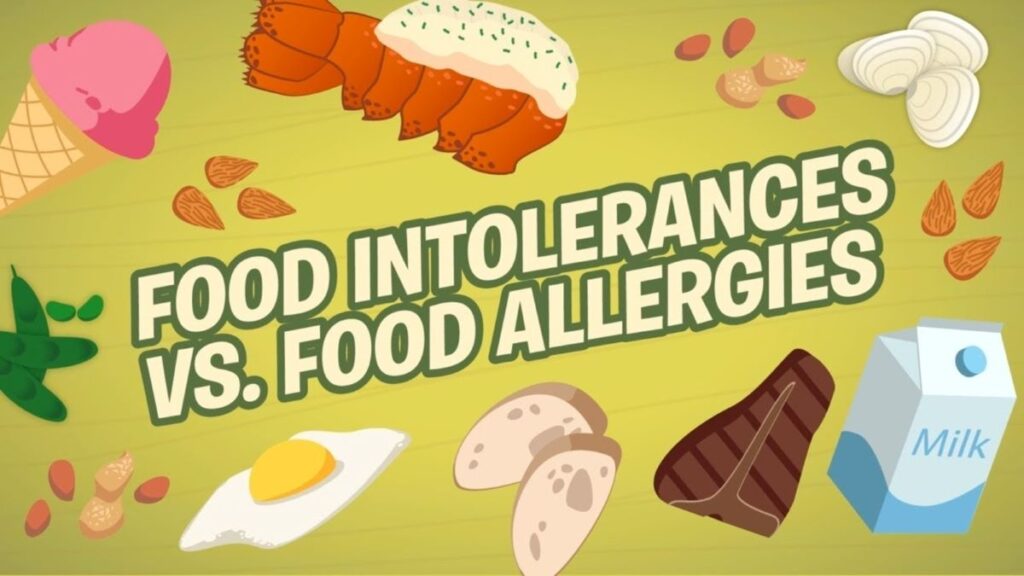Allergies and intolerances affect millions of people worldwide, making it essential to understand and effectively manage these conditions for a healthier, symptom free life. This comprehensive guide explores the differences between food and environmental allergies, common triggers, and practical strategies for prevention and relief.
Understanding Allergies and Intolerances
1. Food Allergies vs. Food Intolerances:
Food allergies involve the immune system’s response to specific proteins in food, leading to immediate and severe reactions. Food intolerances result from difficulty digesting certain substances, often causing milder, delayed symptoms.
2. Environmental Allergies:
These allergies are triggered by substances like pollen, dust mites, pet dander, and mold in the environment.
They lead to symptoms such as sneezing, itching, congestion, or asthma.
Identifying Common Triggers
3. Common Food Allergens:
Eight major food allergens include milk, eggs, peanuts, tree nuts, wheat, soy, fish, and shellfish.
Allergies can develop at any age and may change over time.
4. Environmental Allergens:
Seasonal allergens like pollen, grass, and ragweed can cause hay fever symptoms.
Indoor allergens, such as dust mites, mold, and pet dander, can trigger year round allergies.
Managing Allergies and Intolerances
5. Seek Professional Diagnosis:
Consult an allergist for accurate diagnosis through skin tests, blood tests, or elimination diets.
6. Avoid Triggers:
For food allergies, read labels carefully, inform restaurants of your condition, and be cautious of cross contamination.
For environmental allergies, use air purifiers, keep windows closed during high pollen seasons, and clean your home regularly.
7. Medication and Allergy Shots:
Antihistamines, decongestants, and corticosteroids can provide relief from allergy symptoms.
Allergy shots (immunotherapy) may be recommended for severe or persistent allergies.
8. Emergency Preparedness:
Those with severe food allergies should carry an epinephrine auto injector at all times.
Inform family, friends, and coworkers about your allergies for prompt assistance in case of a reaction.
9. Dietary Adjustments:
People with food intolerances may find relief through dietary modifications or enzyme supplements.
Consult a dietitian for guidance.
Prevention and Quality of Life
10. Allergy Management Plan:
Work with your healthcare provider to create a personalized allergy management plan. Stay informed about new treatments and advancements in allergy care.
By understanding, identifying, and effectively managing food and environmental allergies, individuals can lead healthier, more enjoyable lives. Seeking professional guidance and taking proactive measures to avoid triggers are key steps toward achieving symptom free days and a higher quality of life.
also read other news :
Kitchen Tips (27-10-2023) : 10 Essential Hacks for Effortless Cooking
Beauty Tips (27-10-2023) : Enhance Your Skin’s Health Through Quality Sleep
Health Tips (27-10-2023) : 10 Simple Practices for a Better You Today
